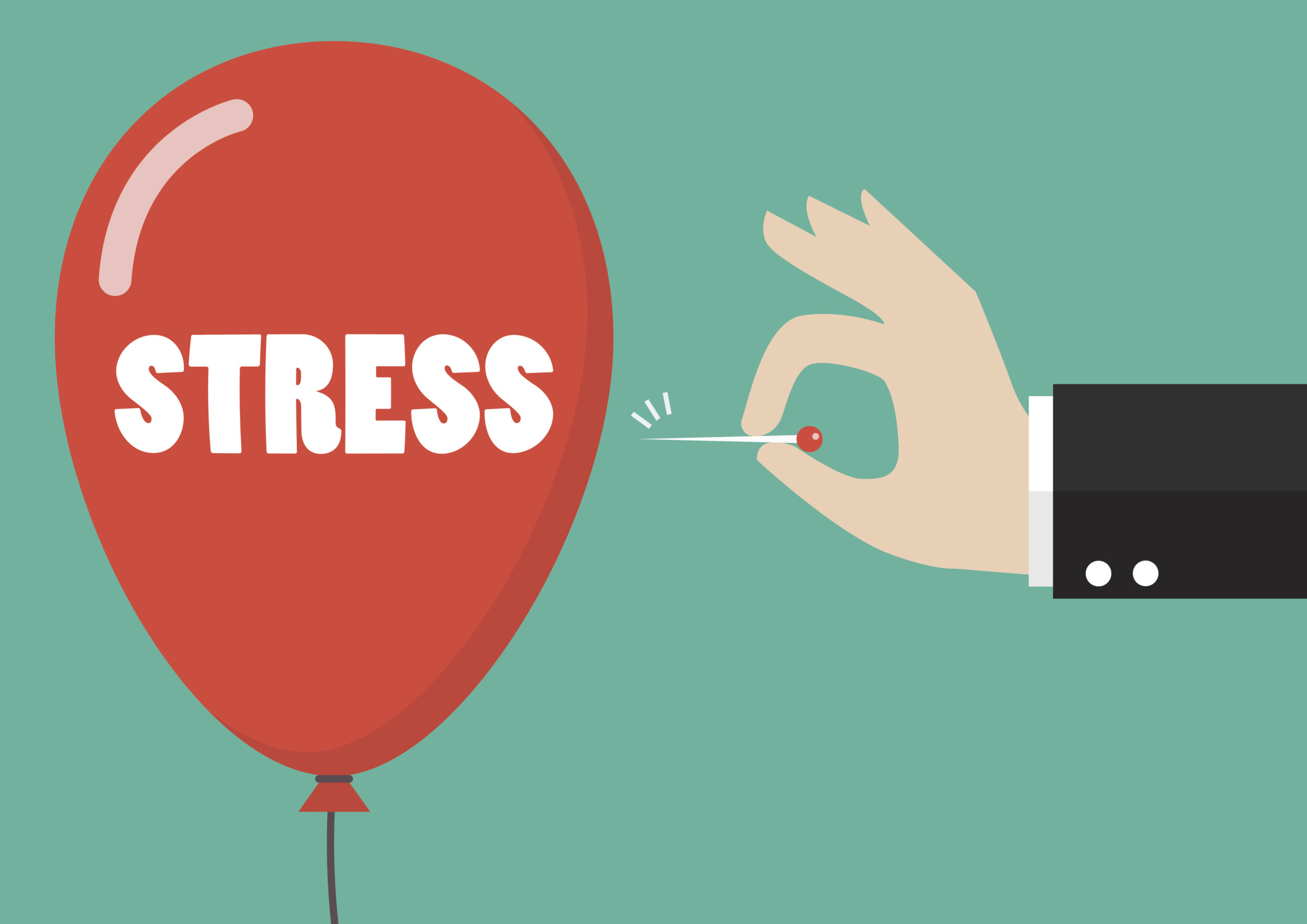
Dealing with stress is an important aspect of maintaining a healthy and happy life. Stress can come from many sources, such as work, relationships, finances, or health issues. While some level of stress is normal and even beneficial in certain situations, chronic stress can have negative effects on both physical and mental health. Here are some tips for dealing with stress:
1. Identify the source of your stress: The first step in dealing with stress is to identify the source of it. Sometimes it may be obvious, such as a difficult work situation or a relationship problem. Other times, it may be more subtle, such as a general feeling of anxiety or unease. Once you have identified the source of your stress, you can begin to take steps to address it.
2. Practice relaxation techniques: There are many relaxation techniques that can help reduce stress levels. These include deep breathing exercises, meditation, yoga, progressive muscle relaxation, and visualisation. Find a technique that works for you and practice it regularly.
3. Exercise regularly: Exercise is a great way to reduce stress levels and improve overall health. It releases endorphins, which are natural mood boosters, and helps to reduce tension in the body. Aim for at least 30 minutes of moderate exercise most days of the week.
4. Get enough sleep: Lack of sleep can increase stress levels and make it more difficult to cope with daily challenges. Aim for 7-8 hours of sleep per night and establish a regular sleep routine.
5. Eat a healthy diet: A healthy diet can help reduce stress levels by providing the body with the nutrients it needs to function properly. Avoid excessive caffeine and sugar, which can increase anxiety levels.
6. Connect with others: Social support is an important factor in dealing with stress. Spend time with friends and family members who provide positive support and encouragement.
7. Set realistic goals: Setting unrealistic goals can lead to feelings of failure and increased stress levels. Set achievable goals and break them down into smaller steps.
8. Practice time management: Poor time management can lead to feelings of overwhelm and stress. Use a planner or calendar to schedule tasks and prioritise them based on importance.
9. Seek professional help: If stress levels are interfering with daily life or causing significant distress, it may be helpful to seek professional help.
In conclusion, dealing with stress is an important aspect of maintaining overall health and wellbeing. By identifying the source of stress, practicing relaxation techniques, exercising regularly, getting enough sleep, eating a healthy diet, connecting with others, setting realistic goals, practicing time management, and seeking professional help when needed, individuals can effectively manage stress levels and improve their quality of life.
